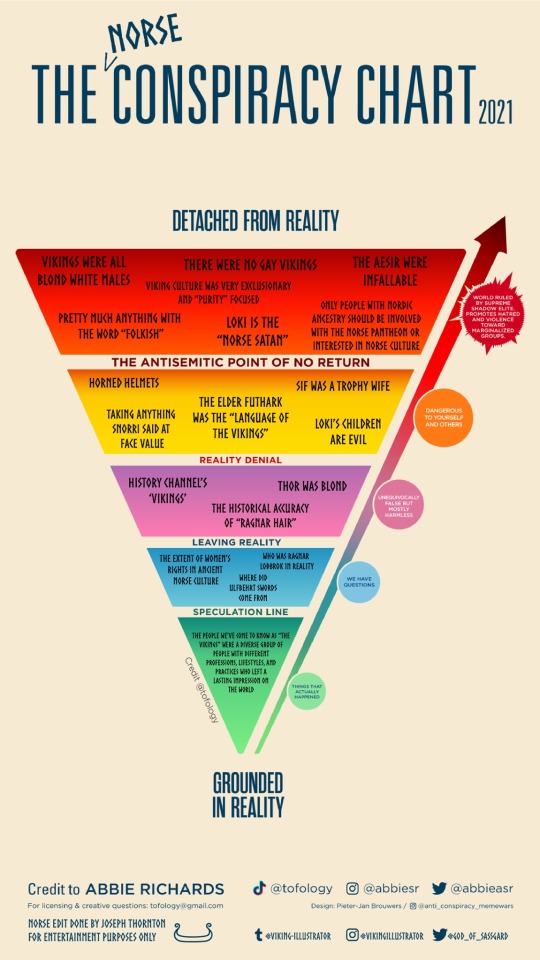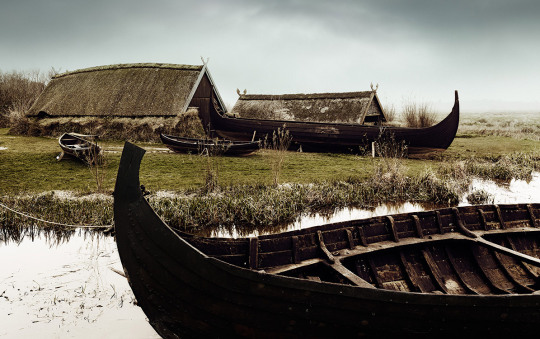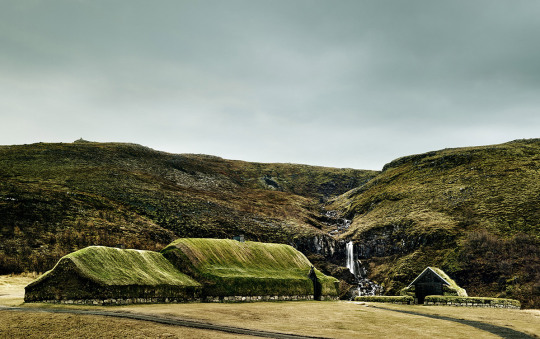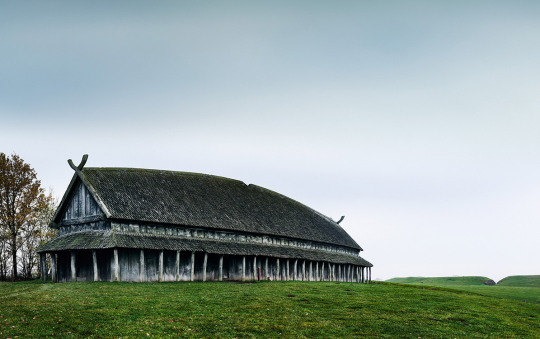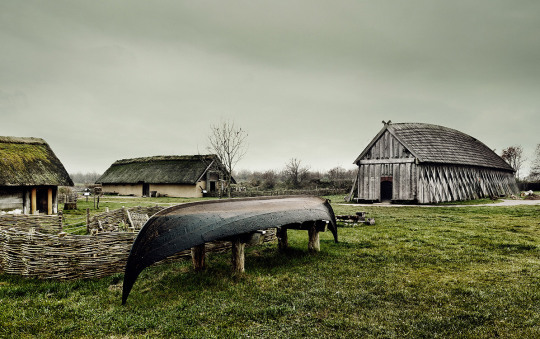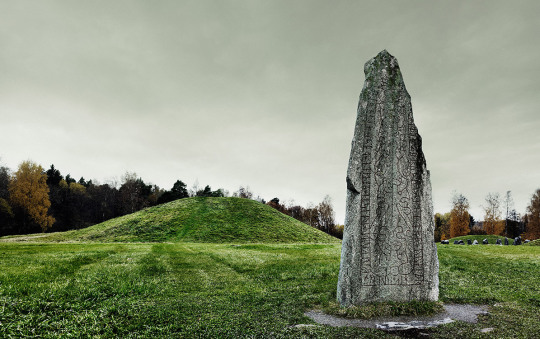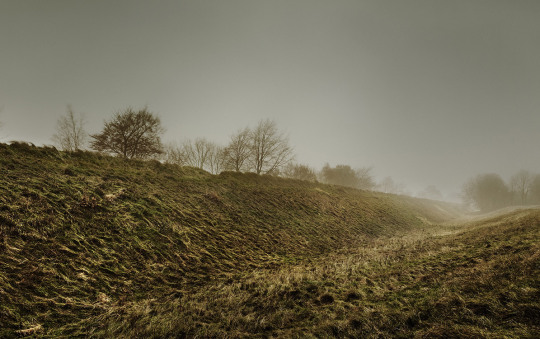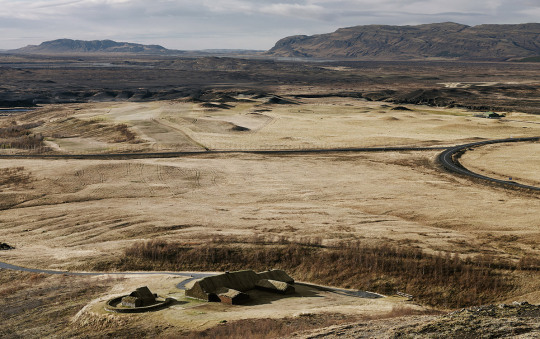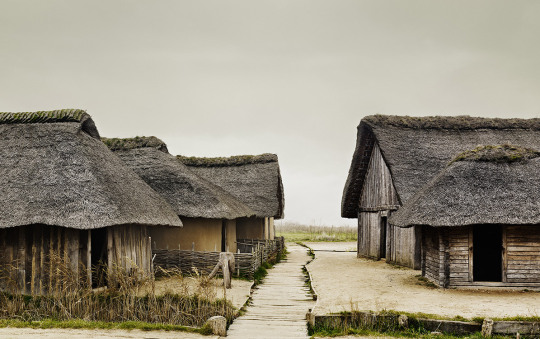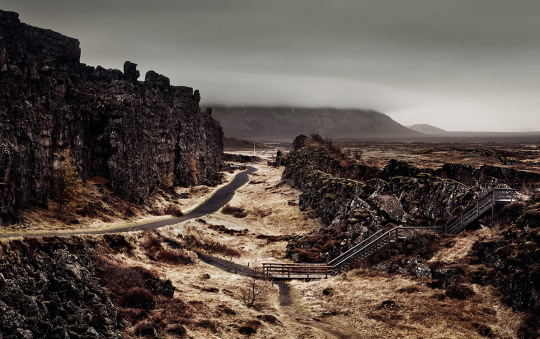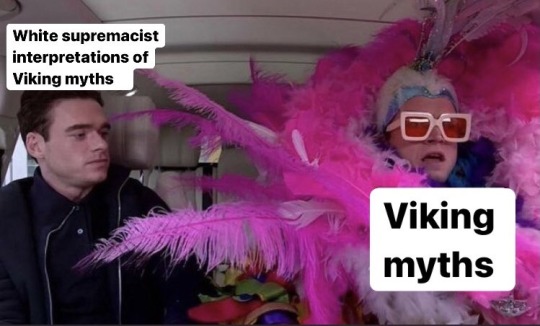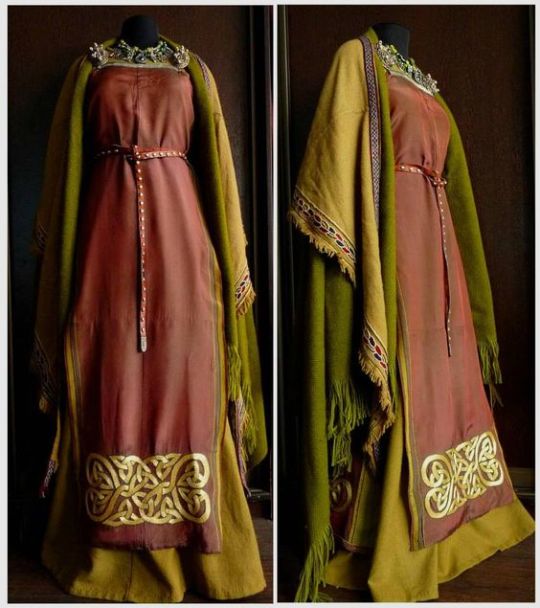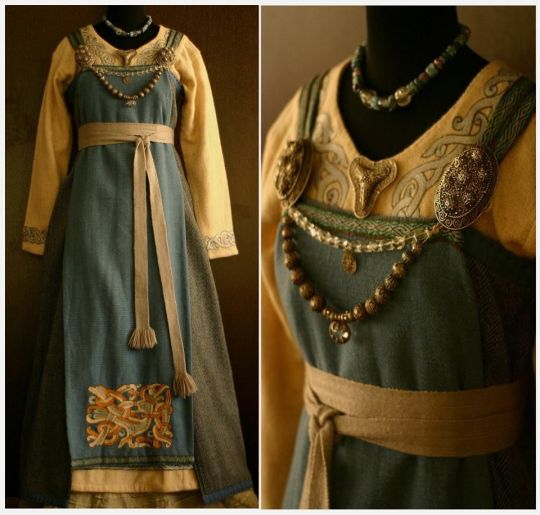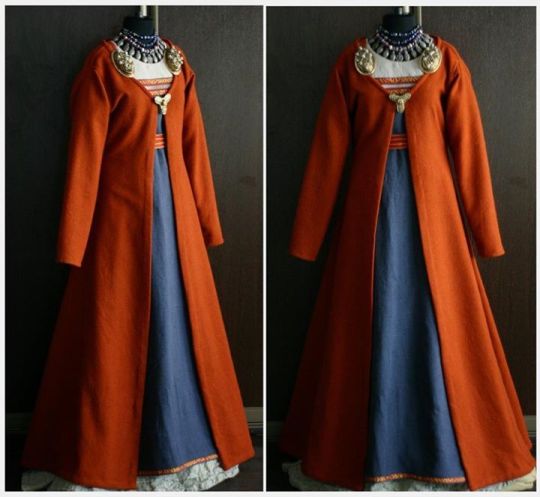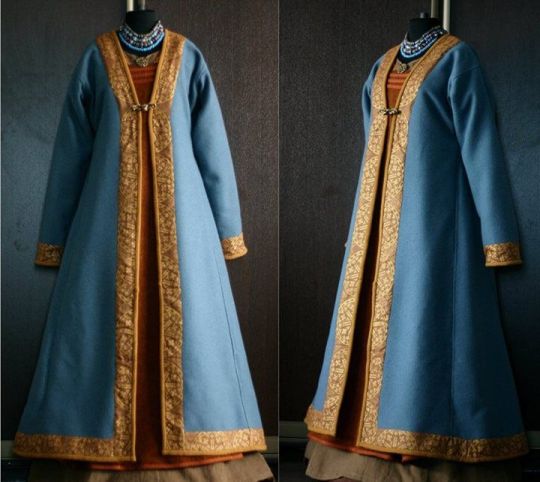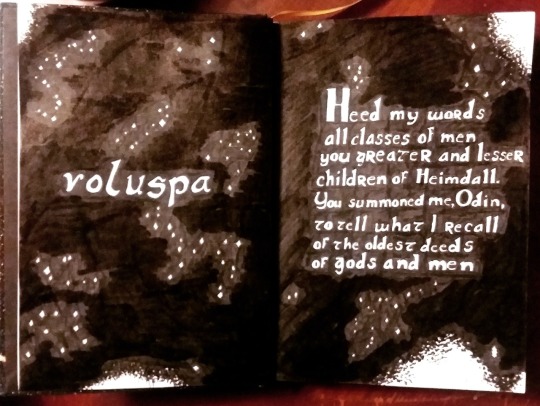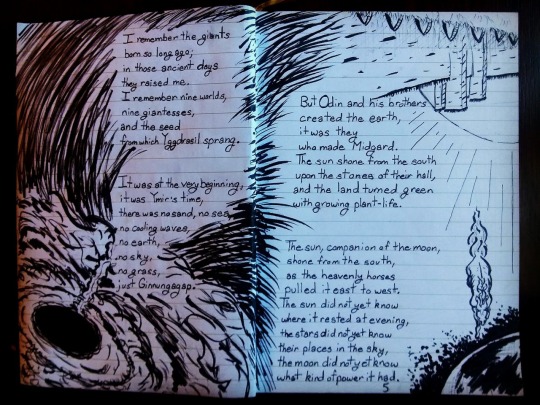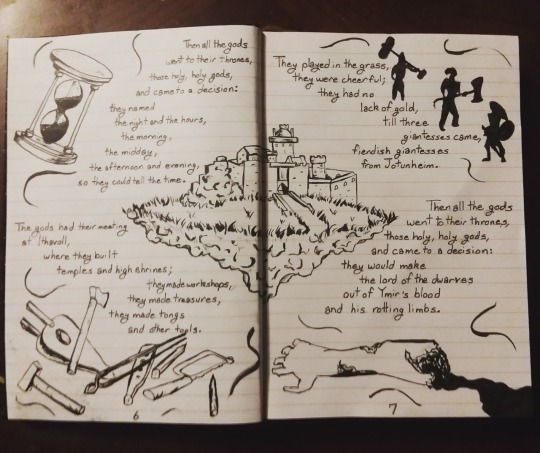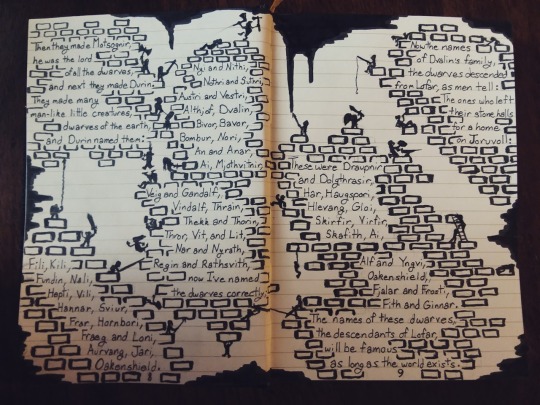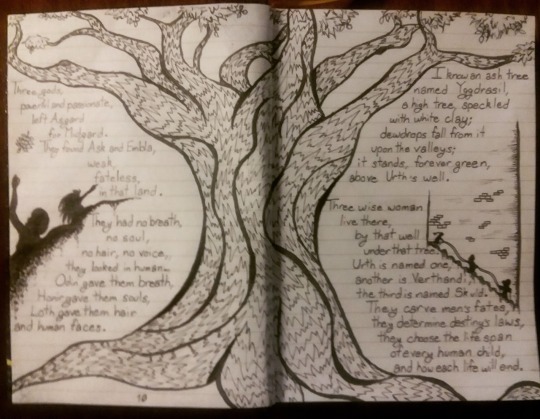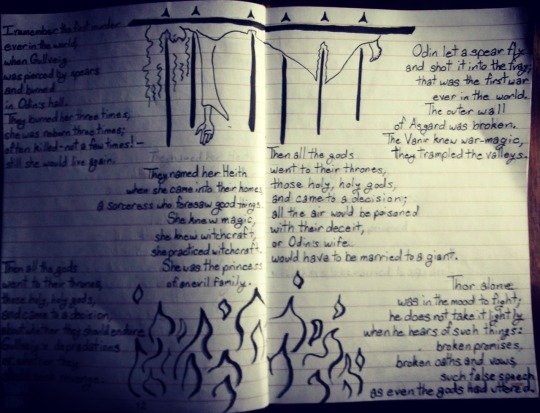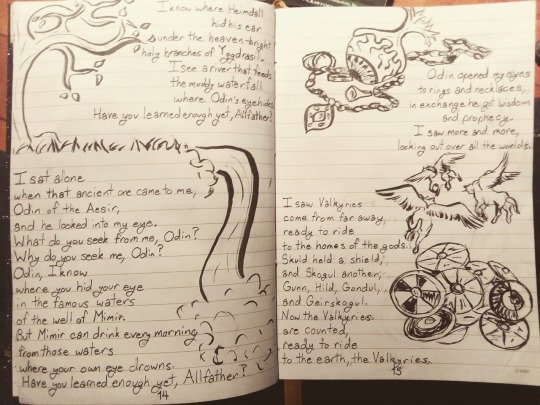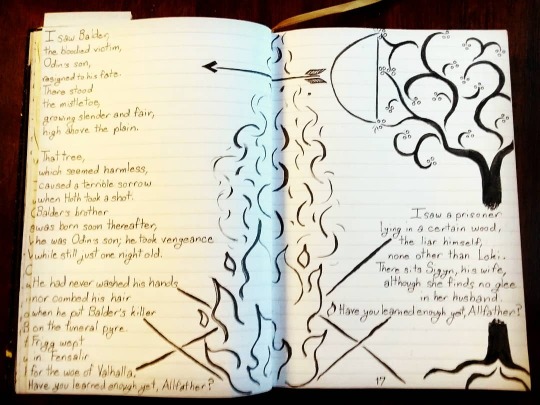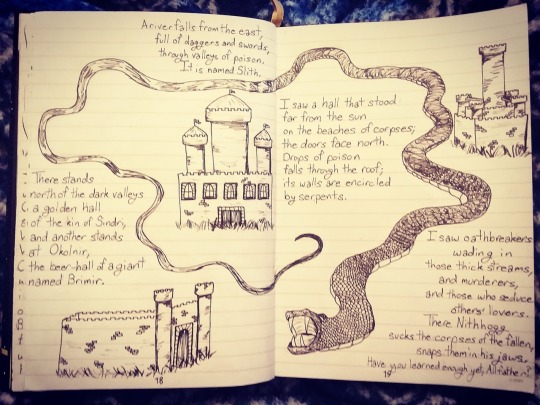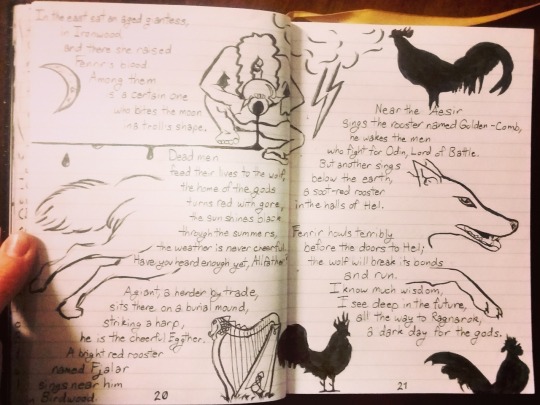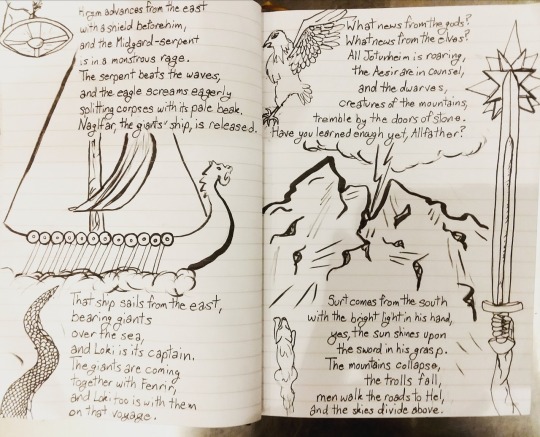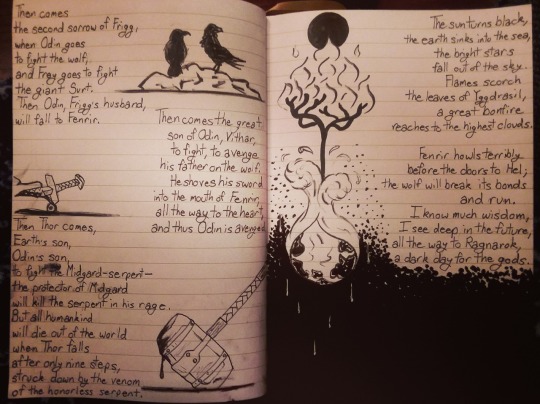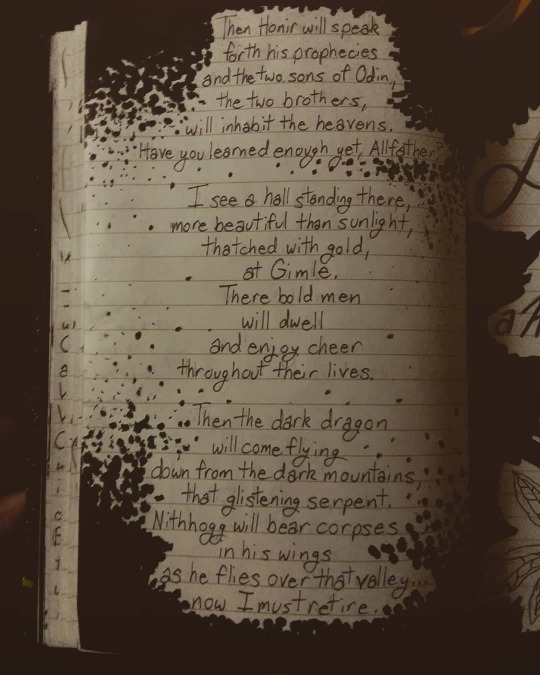Official website for the "If I had a hammer" books by Jessica Chambers.
Don't wanna be here? Send us removal request.
Text

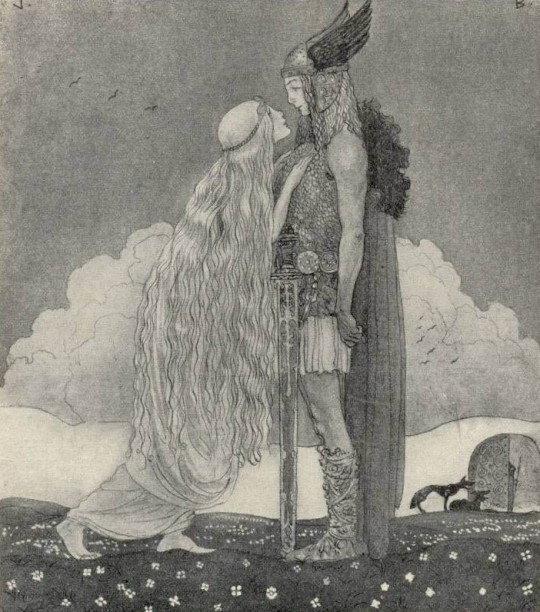
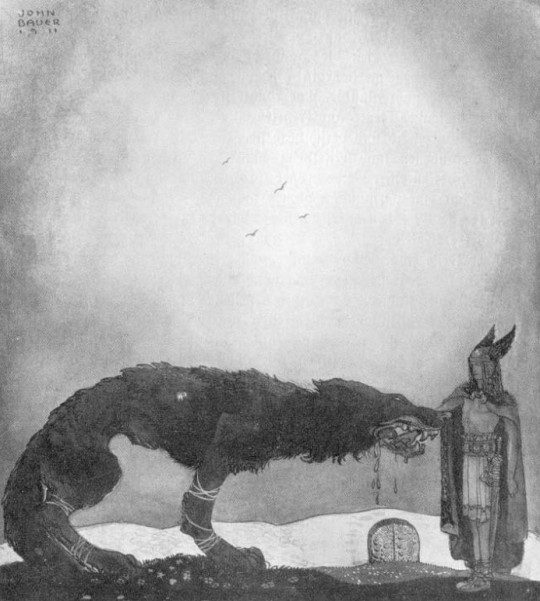
Illustrations from Our Father's God Saga by John Bauer (1911)
5K notes
·
View notes
Text
I love the idea of dead gods. Not in the sense of “hey i killed something supernaturally strong” but in the sense of “i killed it and it’s still a god.” It is still worshipped. prayers are still answered. miracles are performed in its name, even as it lies pierced by a thousand swords and burning with chemical fire. even as it drifts through vacuum, decapitated and bleeding molten rock. in cosmic spite of being shot through each eye and hurled into a plasma reactor, it still radiates the power of the divine in a way that primitive death cannot smother. the nature of godchild is not so simple as to be tied to the mortality, or immortality, of any living being.
106K notes
·
View notes
Text
I can't believe it
But
I miss him
We were never meant to be in love
But in the end
I have no doubt
We both were
Despite the expiration date
He showed me
What it was like
To be treated
Like I deserved
He doesn't even know what he did
But he changed my life
He opened my mind
But did I change his?
I can't know
It's been four years since we've seen each other
Once I was gone
He moved on
As planned
Into the arms of another
Another so jealous we were no longer allowed to talk
Now I'm here
Where we were together
And I am happy
In the arms of another
Another like him
Another I may not have met
If he had not shown me my worth
Treated me right
Shown me the exit
And still
I miss him
2 notes
·
View notes
Text
Reminder
NO ONE CAN TELL ME WHERE THE GIANT PRIMORDIAL NORSE COW WENT
STILL
WHERE THE HELL DID SHE GO?
20K notes
·
View notes
Text
Wombo Art AI: Dark Fantasy Norse Gods Edition
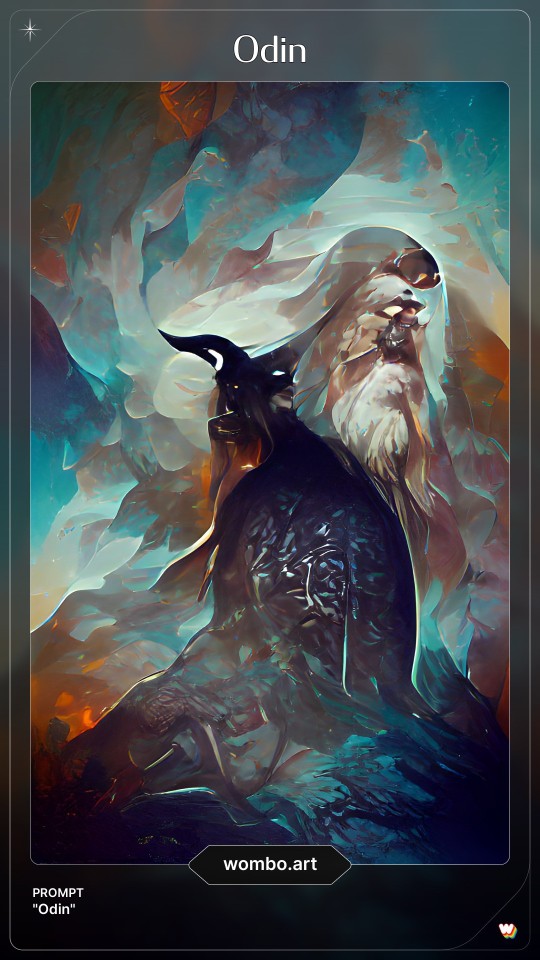
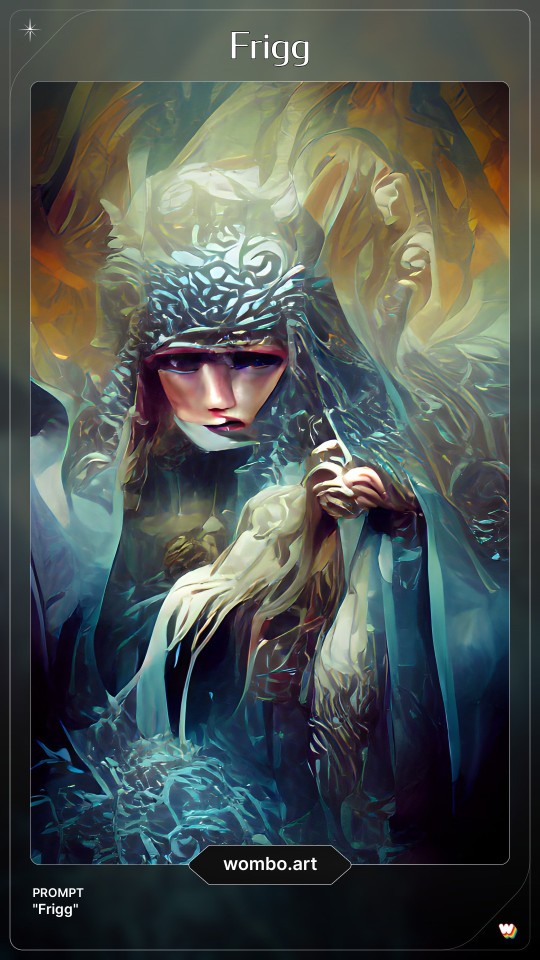
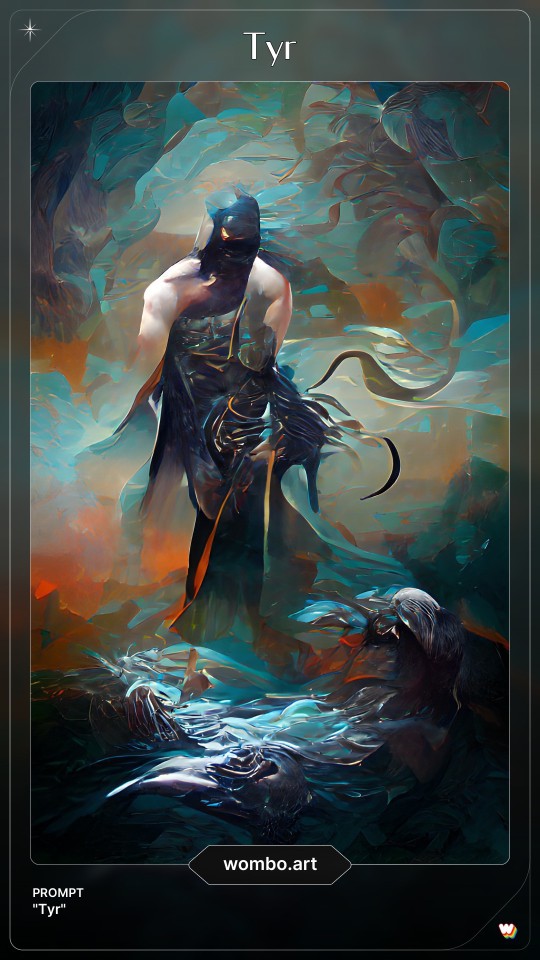
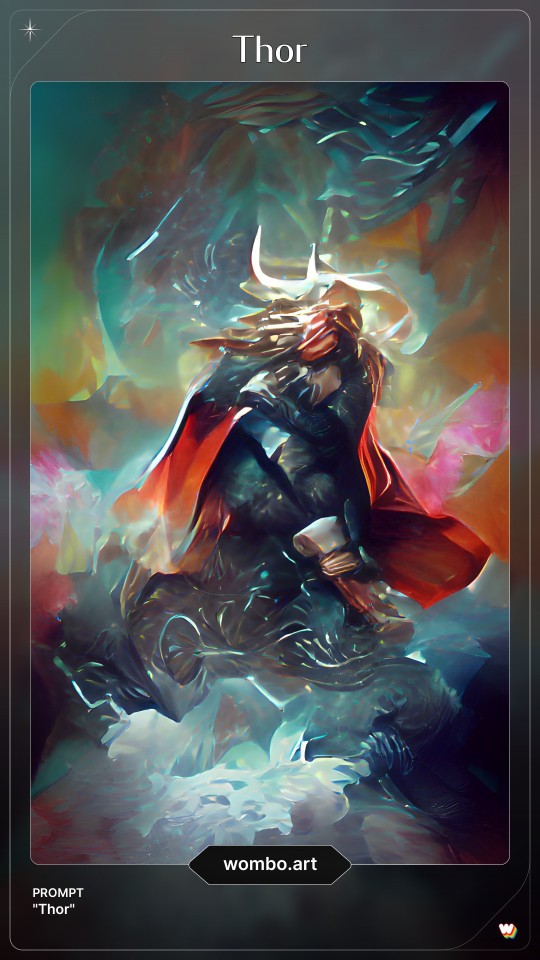
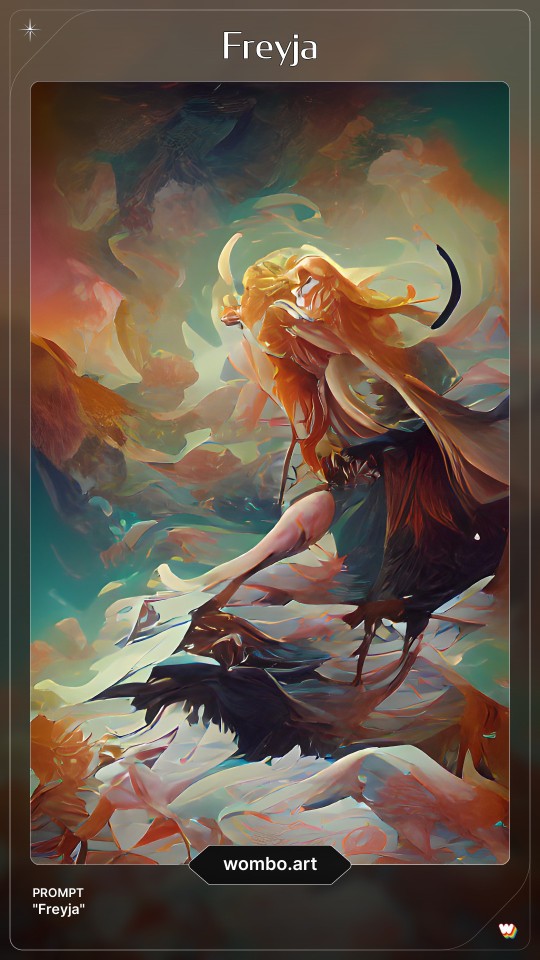
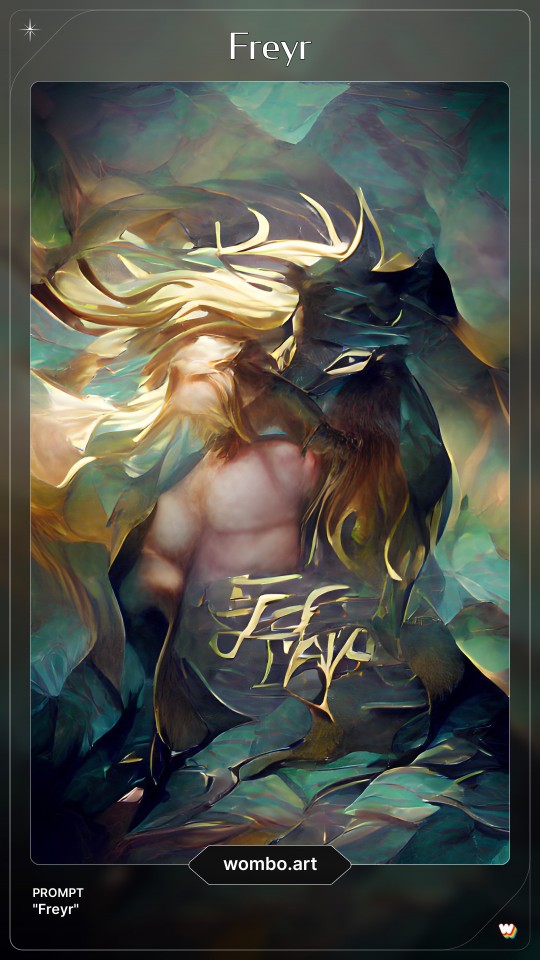
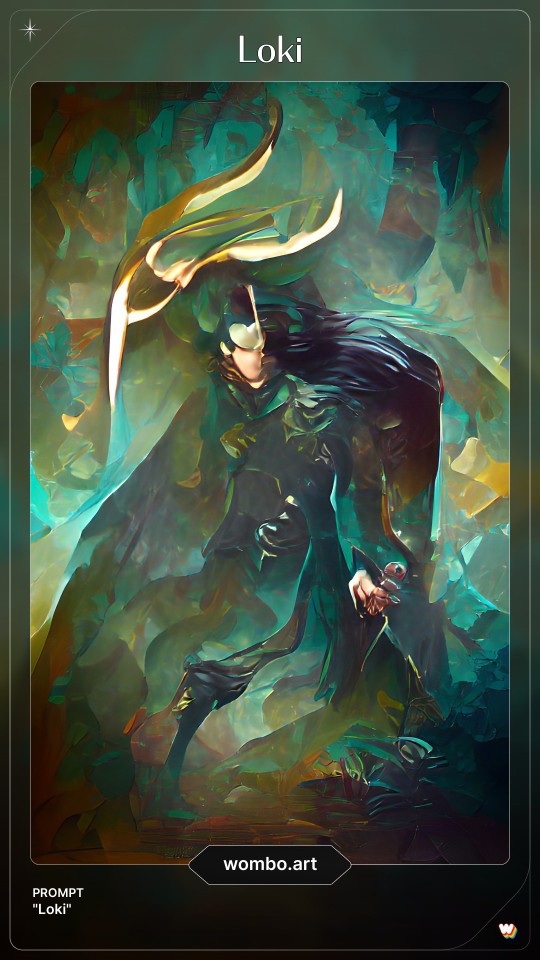
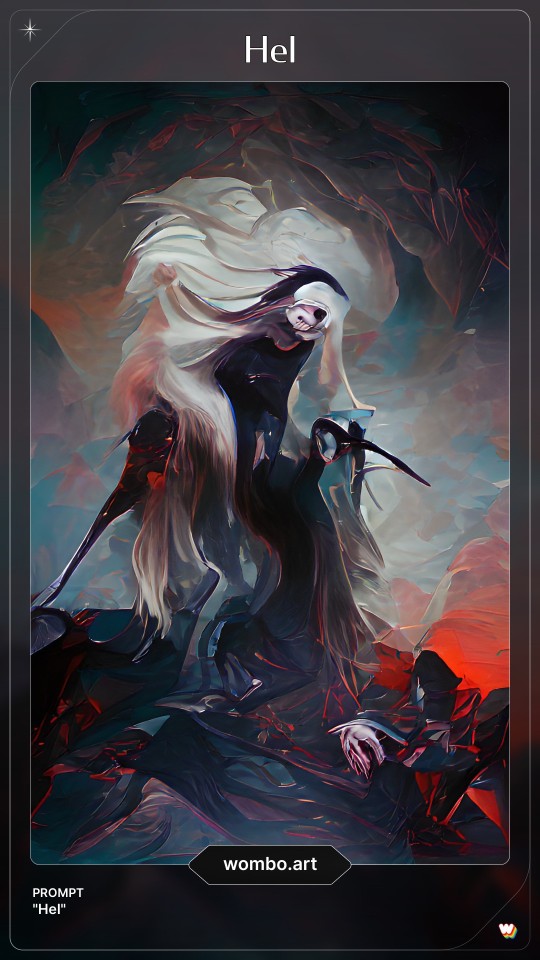
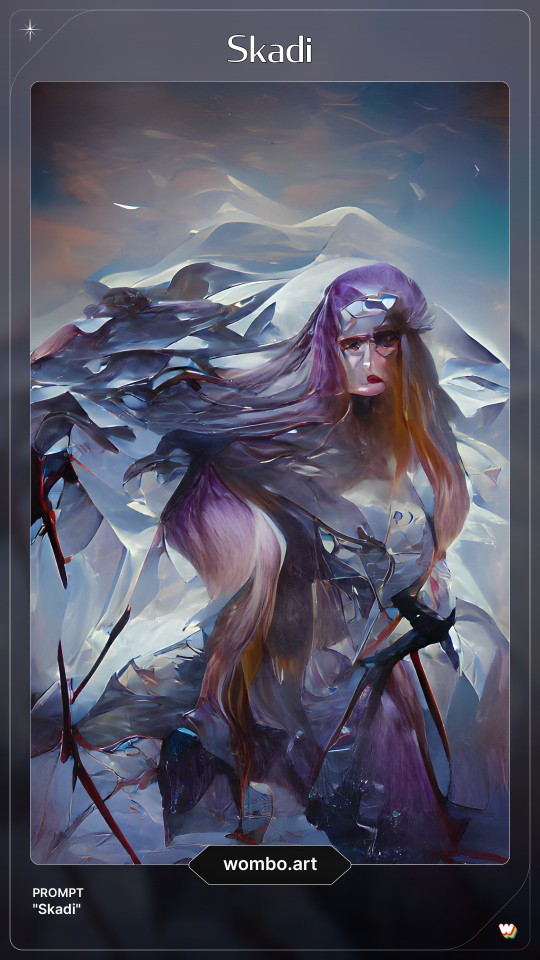
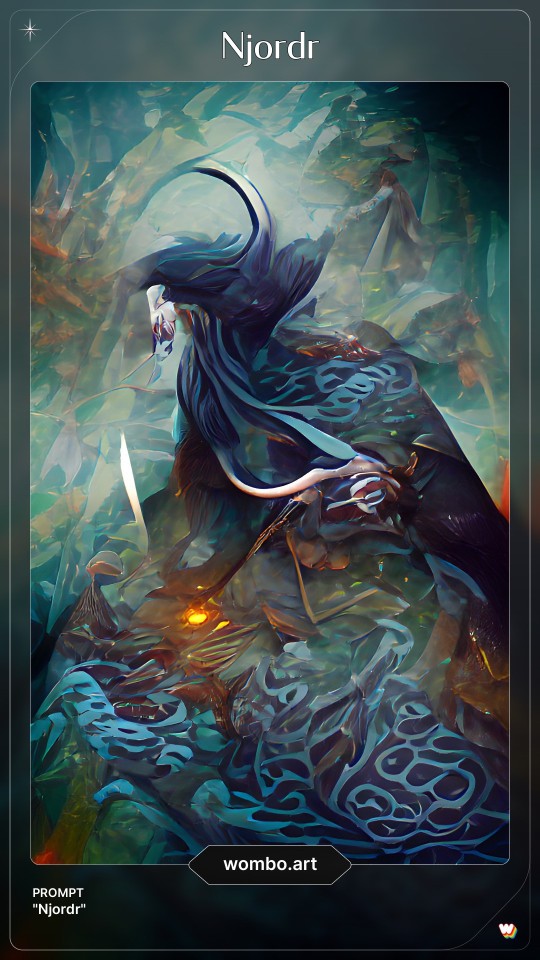
1K notes
·
View notes
Text
Oh hey btw, while “totem animal” and “spirit animal” are native american concepts far more complicated than simply looking at a creature and going “mood.”, there’s a finnish concept of sieluneläin, soul animal, a creature that is alike to you in soul (in the finnish pagan spirituality, one’s soul is actually three things, henki, luonto and itse/sielu, out of which the last one is what is distinctly you, personality and temperament). The term soul animal no longer has ritual or religious meaning, and it can’t really be appropriated. If you see a corgi laying down in a creek just fucking letting water run over her because she can’t bother to move and think “same”, that’s your soul animal, and you’re completely free to use the term unless you’re swedish.
46K notes
·
View notes
Text
Super random update but I think I know how to end this. Gonna pick up a pencil and let you know
0 notes
Text
Norse Gods (And Other Deities) List
Having seen various incorrect, incomplete and inaccurate lists of Norse gods circulating Tumblr, I have decided to write my own and also include common terminology alongside. I will also include other beings who exist within the old lore and modern traditions.
I have opted to include the names in Norwegian, with translations in parenthesise after, along with a brief summary of some of the associations given to some of those gods. Be aware that, as an overview, brevity is necessary here and the individuals should not be oversimplified to basic aspects in your practice!
Æser (Æsir, Male Gods)
Balder (Baldr, Baldur) - Light, purity, rebirth
Brage (Bragi) - Poetry, eloquence, wisdom and music
Delling (Dellingr) - The new day, dawn
Forsete (Forseti) - Justice and reconciliation
Frøy (Freyr) - Vaner, virility, fertility, the sacred religious position of royalty, prosperity, good weather and sunshine
Heimdall (Heimdallr) - The senses, premonition or foreknowledge
Hermod (Hermóðr) - Bravery, spirit, possibly a former mortal hero/king elevated to the Æsir
Hjuke (Hjúki) - Man, lunar activity, lunar phases, moon craters, brother of Bil (the Scandinavian children in the moon)
Hod (Höðr, Hodr) - The blind god, darkness, rebirth, second chances
Høne (Hænir, Hœnir) - Survival, sense/spirit, beauty,
Lodur (Lóðurr) - Blood, warmth, life,
Loke (Loki) - Change, creativity, ambiguity, impulsiveness
Lyter (Lýtir) - Premonition, foresight, prediction, prophecy
Magne (Magni) - Strength, development, son of Tor
Meile - Son of Odin, brother of Tor
Mime (Mímir) - Wisdom, knowledge, memory, advice
Måne (Máni) - The moon, the night sky
Njord (Njörðr) - Vaner, the sea, harbours, ports, seafaring, wind, fishing, wealth/prosperity, and crop fertility
Od (Óðr) - Madness, fury, eagerness, excitement
Odin (Óðinn) - Father, war, battle, victory, death, wisdom, runes, magic, poetry, charms
Tor (Þórr, Thor) - Thunder, lightning, storms, rain, strength, protection, hallowing, healing, fertility
Ty (Týr, Tyr) - Law, sacrifice, heroism, glory, war
Ull (Ullr) - Skiing, archery, hunting, weapons, shields, personal combat, oaths
Vidar (Víðarr) - Vengeance, atonement, preparation, survival, silence
Vilje (Vili) - Will, willpower, moderation, the middle, wit, intelligence, touch, sense, motion
Ve (Vé) - Countenance, appearance, facial expression, speech, hearing, sight
Våle (Váli) - Revenge, bravery, daring, marksmanship, survival, rebirth
Åsynjer (Ásynjur, Female Gods)
Bil - Woman, lunar activity, phases of the moon, sister of Hjuke (the Scandinavian children in the moon)
Eir - Help, healing, protection, mercy, grace, calm
Fjorgyn/Jord (Fjörgyn/Jörð) - Earth, the world, nature, greenery
Frigg - Mother, love, fate, prophecy, marriage, birth, midwifery
Frøya (Freyja) - Vaner, fertility, love, passion, sex, sexuality, beauty, fertility, gold, magic, war, death
Fulla - domesticity, cleaning, housekeeping, listening, confidant, secrecy
Gersemi - Precious, beauty, blonde hair
Gjevjon (Gefjun) - Virginity, plowing, female independence
Gnå (Gná) - Messenger, errands, crossing planes of existence, travel through land, air and water
Hnoss - Treasure, beauty, brunette hair
Idunn (Iðunn) - Youth, vigour, apples, love
Ilm - Fragrance, aroma, smells
Irpa - Guardian goddess, Hålogaland
Lin (Hlín) - Weddings, domestic sphere, flax, onion, fabrics
Lovn (Lofn) - Benevolence, kindness, gentleness, consolation
Nanna - Loyalty, empathy
Njorun - Soil, the land
Rind (Rindr) - Princess/goddess/giantess, mother of Våle from the East
Rån (Rán) - Sea, protection from drowning, fishing
Sigyn - Loyalty, burden, sadness
Siv (Sif) - Fields, wheat, fertility, family, wedlock
Sjavn (Sjöfn) - Love, sex, desire
Snotra - Wisdom, intelligence, cleverness, appropriate conduct
Sol (Sól) - The sun, warmth, daylight
Syn - Refusal, denial, speaking out, legal defence
Såga (Sága) - Seeress, all-seeing, companionship, drinking partner
Torgerd Hølgebrud (Þorgerðr Holgabrúðr) - Guardian goddess, Hålogaland, heathen shrines
Var (Vör) - Honesty, awareness, caution, carefulness
Vår (Vár) - Oaths (and punishing oath breakers), pledges, agreements, betrothal
Jotner (Jötnar, Elemental Giants)
Aurvandil - Star, planet, Orion & Big Dipper constellations
Bauge (Baugi) - Farmer, money, wages
Dag (Dagr) - Day, light, rides Skinfakse
Fornjot (Fornjótr) - Ancient giant, ancestor, original, owner
Frosti (Jökull) - Cold, winter, frost, ice, icicles, glaciers
Fårbaute (Fárbauti) - Hitting, striking, cruelty, danger, violence
Geirrød (Geirröd) - Entrapment, cruelty, aggression, violence
Gyme - Hills, Mounds
Helblinde (Helblindi) - “Hel Blinder”, “All Blind”
Hyme (Hymir) - Brewing, cauldron, thick skull
Kåre (Kári) - Wind, scathe, howl, sails
Loke (Loki) - Change, creativity, ambiguity, impulsiveness
Loge (Logi) - Fire, wildfire,
Mime (Mímir) - Knowledge, wisdom, memory, counsel, Mimes Brønn (Mímisbrunnr)
Mokkurkalve - Clay, life, innocence, childishness
Norve (Narfi) - Narrow, oppressive, closed in, difficult birth
Rungne (Hrungnir) - Strength, brawling, fighting, whetstone
Snø (Snær) - Snow
Surt (Surtr) - Fire, heat, burning, blackness
Suttung (Suttungr) - Mead of poetry, orphaned, eagle
Tjaste (Þjazi, Thiazi) - Abduction of Idunn
Torre (Þorri, Thorri) - Black ice, frost, cold, winter
Trym (Þrymr, Thrymr) - Uproar, King of Jotner,
Vale (Vali) - Unlucky, wolf, murdered his brother Norve
Vavtrudne (Vafþrúðnir) - Riddles, weaver of tales
Utgards-Loke (Útgarða-Loki) - The outer places, magic, illusion, beyond society, an alternate plane
Yme (Ymir) - The big bang, primordial, birth, the ancestor of all, elemental
Æge (Ægir) - Sea, ocean, sea creatures, protector of sailors
Gygrer (Gýgr, Elemental Giantess)
Angerboda (Angrboða) - Grief bringer, sorrow, Iron Wood
Aurboda ( Aurboða) - Gravel, mountains
Bestla - Mother to Odin, Vilje and Ve.
Driva (Drífa) - Snowfall
Fonn - Snowdrift
Gerd (Gerðr) - Beauty, light, fertility, earth
Grid (Gríðr) - Greed, vehemence, violence, impetuosity
Hel - Death, Helheim (the underworld), Náströnd (“Corpse Shore”)
Hyrrokkin - Fire smoked, smoke, strength, wolves, serpents
Jernsaksa (Járnsaxa) - Iron knife, mother to Magne
Lauvøy (Laufey) - Needle, slender, weak
Menglød (Menglöð) - Lives in a castle guarded by Fjölsviðr
Mjoll (Mjöll) - Powdered snow
Natt (Nótt) - Night, darkness, nightfall, counting time, rides Rimfakse
Skade (Skaði) - Damage, archery, hunting, skiing, winter, mountains
Vetter (Vættir, Beings) & Other
Alver (Elves) - Light/Dark/Black, personification of nature
Andvare (Andvari) - Dwarf, “careful one”, waterfall, fish, wealth, magic ring called Andvaranaut
Ask og Embla - The first humans, ancestors of humanity
Diser (Dísir) - Female protective deities/spirits, fate
Dverger (Dvergar) - Dwarfs, metallurgy, wisdom, smithing, mining, crafting
Einherjer (Einherjar) - Honoured dead, fallen in battle, sent to Folkvang or Valhalla
Fenrisulven (Fenrisúlfr) - Death, destruction, rage, the end of times, fen-dweller
Fjolne (Fjölnir) - Swedish king, Vaner, son of Frøy and Gerd
Gullveig/Heid (Heiðr) - Volva, seid, enigmatic, “Lust For Gold” or “Golden Drink”
Kvase (Kvasir) - Wisdom, knowledge, skaldship, poetry, mead, blood, juice
Midgardsormen (Jörmungandr, Midgard Serpent) - Sea serpent, poison, self-reflexivity, cyclicality
Norner (Norns) - Weavers of fate, Wyrd, destiny, birth, death
Sigurd Fåvnesbane - Stag, hero, wisdom, prophecy, speak to birds
Starkad (Starkaðr) - Jotun, hero, great warrior, many arms cut off by Tor
Troll - Isolated natural landmarks, strength, slow, dim witted,
Valkyrjer (Valkyries) - Choosers of the slain, Odin’s maids, spirits, ferocity, death, ravens, wolves
Vanlande (Vanlandi) - Hero, Swedish king, Vaner, “Man from the land of the Vaner”,
Vedfinn (Viðfinnr) - Father of Hjuke and Bil
Vetter (Vættir) - landvette, skogsvette, husvette, vannvette, sjøvette, havvette, hulder, nøkken, draugen, nisse, troll, huldrefolk, deildegasten, dradokke, trollkatt, basilisk, krake, utburd, lyktemenn, varulv, marmæl, lindorm
Volund (Völundr) - Blacksmith, magical powers, sword maker, hero, alvedrotten (Chieftan of elves)
22K notes
·
View notes
Text
Numbers in the Norse mythology
Just as in any religion or belief, numbers play a significant role in the Norse mythology. People are superstitious when it comes to numbers – everyone knows such things as lucky numbers or numbers that bring bad luck. Why it is for example the number 13 that is supposed to bring bad luck, is a question that just very few people would be able to answer. I too, wonder, why it is especially the number nine in the Norse mythology, that plays such a significant part in sagas and rituals. It reappears throughout the whole creation, existence and destruction of the NINE worlds and has been important in pre-Christian practices and rituals in certain parts of Scandinavia. If anyone knows the origin of the significance of this number, please let me know; I am very curious about this! Anyhow, here is an overview over certain numbers that play a role in the Norse mythology and what they mean or where they appear plus the spelling of each number in old Norse.
1: (ein)
cosmos, earth
2: (tveir)
the two biological genders,
heaven and earth,
day and night,
sun and moon
3: (þrír)
the three layers of the cosmos: Asgard, Midgard, Helheim;
“Thridi” – the third, a name of Odin;
the three states of time: past, present, future;
the three norns; predicting future;
the three treasures made by the dwarves: Mjölnir, Draupnir, Gullinbursti (the golden boar that belongs to Freyja)
4: (fjórir)
the four directions, four winds, four dwarves at the corners of the world;
the home and the acre
7: (sjau)
The seven days of the week
9: (níu)
The nine worlds,
the ritual time span (nine days and nine nights in which Odin hung from the tree);
the path from Asgard to Hel takes nine days to travel;
every ninth night, a new ring drops out of Draupnir;
Njørd is living in the mountains for nine days and at the sea for nine days in turns when he was husband to Skadi;
a special offering every nine years (one offering per day for nine days), for example in Uppsala;
Freyr has to wait nine days for the wedding with Gerdur;
nine mothers give birth to Heimdall;
Ægir has nine daughters;
Thor can walk nine steps after his fight with the Midgard snake
12: (tólf)
twelve moons;
twelve Æsir under the allfather Odin;
twelve crafty dwarves
13: (þrettán)
Odin and the twelve Æsir
27: (tuttugu ok sjau)
the number of nights of a month in the moon calendar
Source: “Der Heilige Hain” by Christian Rätsch
32 notes
·
View notes
Text
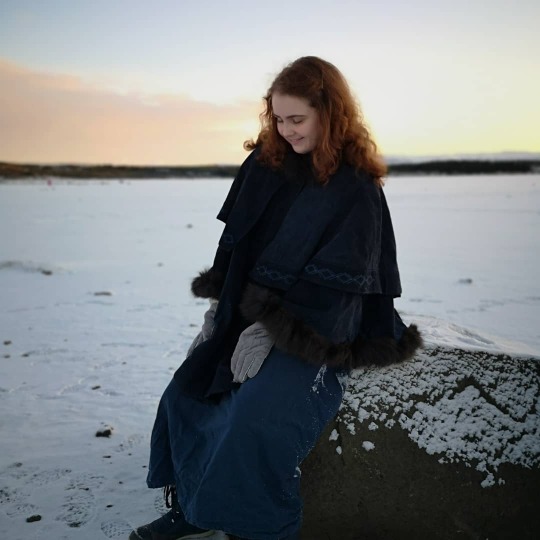
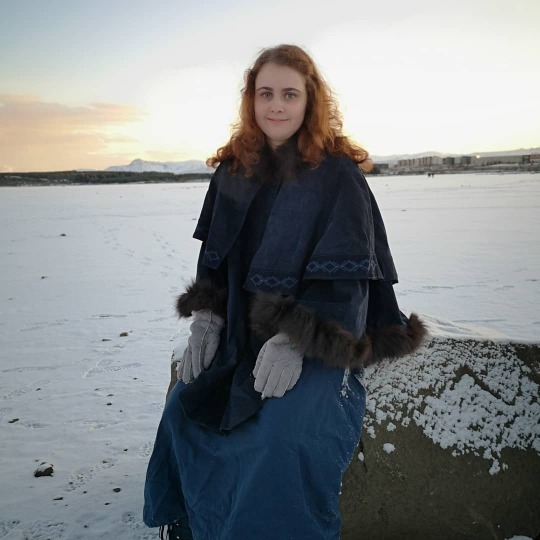
I bought this cape years ago on Facebook marketplace, for a whopping 20€.
Unfortunately I've never been able to wear it because it was never cold enough in France.
Today it was -3°C here in Reykjavik, and why have clothes if you're not going to wear them? So I went for a stroll down to lake Rauðavatn looking like a chieftains wife and loved it ❤️
5 notes
·
View notes
Photo

VIKINGS AS EXPLORERS - PART I Vikings were extremely efficient seafarers thanks to their highly advanced ships. Viking ships could move fast, were easy to maneuver and could sail into more shallow waters as well. And yet, why risk your life sailing the dangerous seas to unkown lands? The answer is as simple as unsurprising: honor and wealth. In medieval literature (Kongespeilet, around 1250) an unkown author writes: „It is in the nature of mankind to fare where there is possibility of great danger and the chance to gain praise and prestige.“Pretty early in the Viking Age the northmen did not only attack and raid lands, they also began to winter in England, Ireland and France from around 850. They also occupied several unsettled lands to claim them for themselves (Shetland, Orkney islands, Faroe islands). Around 870 the first vikings settled down in Iceland.In 986 a norwegian outlaw, Eirik Raude, sailed west with 25 ships and discovers Greenland. There were two main settlements. One of them was last mentioned in literature in 1342, whilst the other one got their last bishop in 1377; since mid 16th century there were no known Scandinavians living on Greenland anymore. Eirik Raude named the land he discovered “green land” to make it sound attractive for other people to sail there, even though the land that lies deep in the Arctic is covered by snow and ice most of the year. Illustration and part of the information from norgeshistorie.no
14 notes
·
View notes
Text
Why I'm acting like this
He would come home Breath smelling of beer And other girls Fun girls Pretty girls Exciting girls I sat at home Frumpy boring Predictable He told me He needed More That I Was not enough To satisfy him He needed Adventure And I Needed Security Now he’s gone But I still worry That fun girls Pretty girls Exciting girls Will turn heads Away from me The heads I care about The heads Who tell me They love me I don’t want to fight The fun girls The pretty girls The exciting girls I want To be them And I want To love them But I worry That I can do neither
- Jessica Chambers, 2020
2 notes
·
View notes
